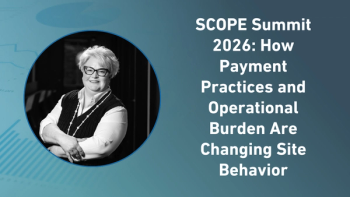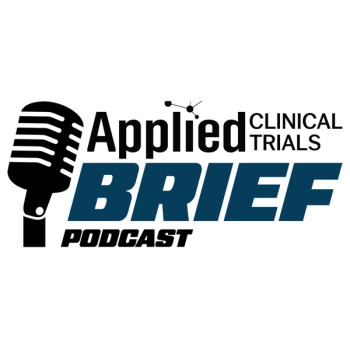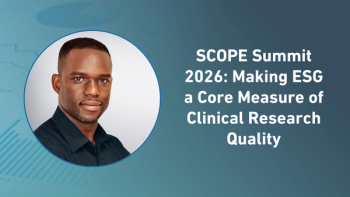
Quintiles Celebrates 30th Anniversary of Providing Biopharma Solutions
In 2012,
Quintiles was incorporated on February 26, 1982, formalizing the work founders Dennis Gillings, PhD and Gary Koch, PhD had been performing since 1974 in addition to their duties as professors of statistics at the University of North Carolina (UNC) in Chapel Hill.
Thirty years later, if you take any prescription drug, there is a good chance that Quintiles helped develop or commercialize it in some fashion. Providing clinical, commercial, consulting and capital, Quintiles’ influence is evidenced in the fact that it helped develop or commercialize all of the top 50 best-selling products or compounds in 2010 and can make similar claims for at least the past 10 years.
Quintiles traces its earliest origins to a single project in 1974 when pharmaceutical producer Hoechst (now Sanofi-Aventis) hired UNC biostatistics professor Dennis Gillings to analyze trial data from a new diabetes drug. Ultimately, Gillings’ analysis highlighted the need to exclude patients with certain medical conditions from using the drug and enabled Hoechst to commercialize the product for the correct patient populations.
That first project with Hoechst made Gillings realize the potential business opportunities in managing information to improve patient outcomes. That potential still holds true.
Today, Quintiles provides a wide array of services to its biopharmaceutical customers, but is known best for its management of clinical trials, helping pharma and biotech companies navigate the highly regulated environment of the multi-phase clinical development process.
“We created Quintiles 30 years ago with the intent of building an information management consultancy,” Quintiles Chairman and CEO Gillings, CBE, recalls. “Yet, even in the earliest days, we recognized that Quintiles could make a difference in people’s lives. Today, millions, if not billions of people have been impacted by our work.
“With the success that Quintiles has seen over the past three decades, I believe we have a responsibility not only to our customers, but more importantly to patients. All the work we do has the common goal of producing healthy outcomes for patients. Our mantra has long been, ‘If it’s right for the patient, it’s right for Quintiles.”
Gillings says he is extremely proud of Quintiles’ accomplishments over the past three decades, but is looking ahead. “What we’ve achieved is extraordinary, yet, what really excites me is the future because Quintiles has the potential to do so much more. We’re involved in the development of products for the treatment of Alzheimer’s, cancer, diabetes, heart disease and vaccines for a plethora of infectious diseases such as malaria and influenza.
“Today, we help save, lengthen and improve people’s lives. I’m excited by the opportunities that will emerge over the next 30 years,” Gillings continues. “As Gandhi once said, ‘the difference between what we do and what we are capable of doing …would suffice to solve most of the world’s problems.’ We want Quintiles to play a pivotal role in solving some of those problems,” Gillings concludes.
Newsletter
Stay current in clinical research with Applied Clinical Trials, providing expert insights, regulatory updates, and practical strategies for successful clinical trial design and execution.




